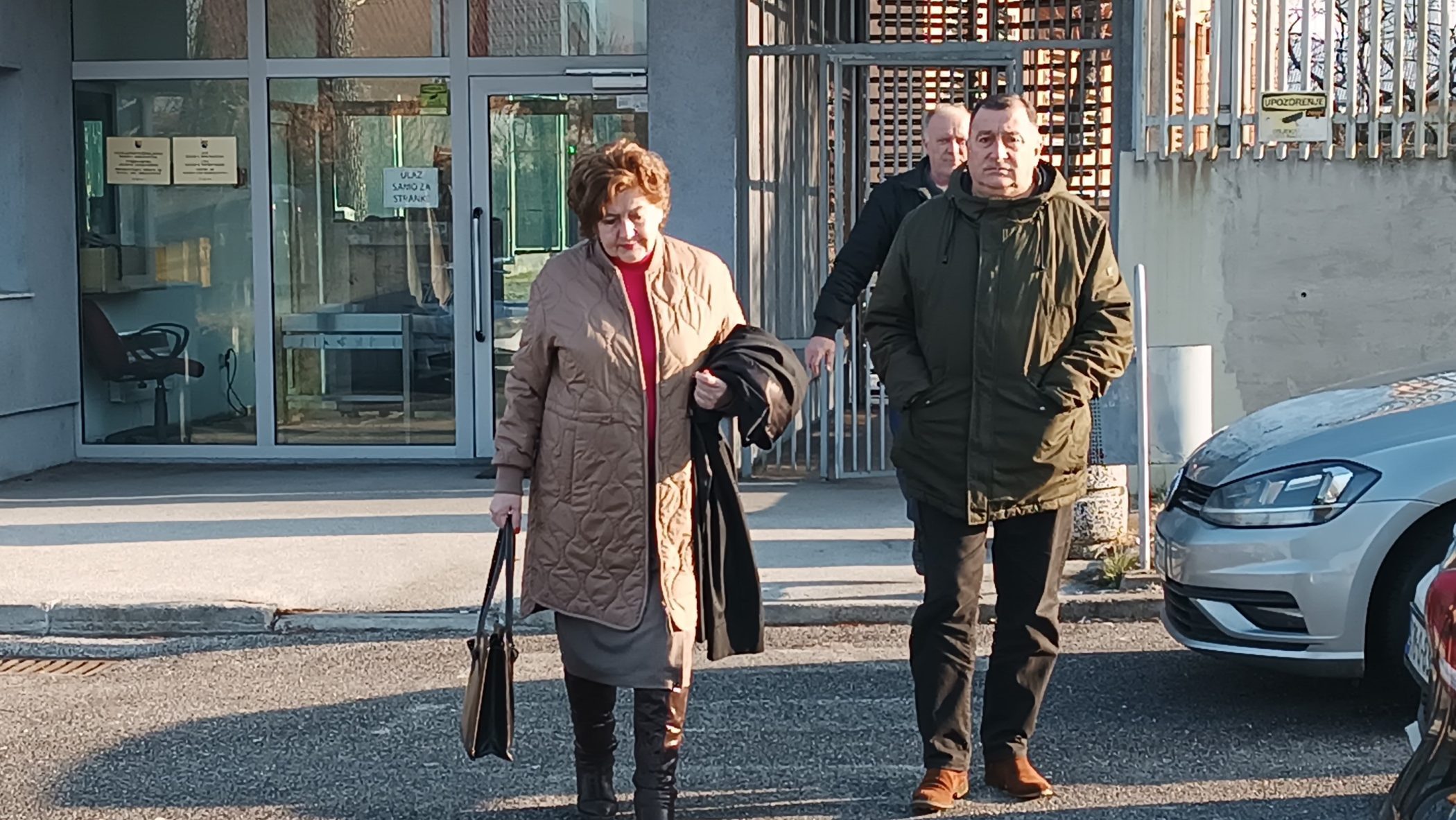This post is also available in: Bosnian
Nedzad Hodzic, Safet Mujcinovic, Selman Busnov, Nusret Muhic, Zijad Hamzic, Ramiz Halilovic and Osman Gogic, former members of civil and military police and the Territorial Defense, have been charged with committing crimes in the Kladanj area.
They have been charged with the unlawful detention of Serb civilians in Stupari, as well as assault and inhumane treatment.
Defense witness Rado Andric said he, his wife Vojka and their two children moved from their house in Stupari to educational workers’ buildings in the same village. He said the buildings were empty when they moved in.
He said almost all Serb families in the area moved to a couple of abandoned educational workers’ buildings in Stupari, which were guarded by the police.
“Eight of us lived in one apartment. Nobody beat or mistreated us. The policemen who guarded us offered their support and made sure nothing happened to us,” Andric said.
He said all the Serbs living in the buildings could move freely, but some of them were afraid to do so.
“We weren’t afraid of the policemen who guarded us, but we were afraid someone else might attack us. I don’t know, the war was going on, grenades were exploding, there was shooting. It was normal to be afraid,” Andric said.
Also testifying at today’s hearing, Vojka Andric said that during their stay in the educational workers’ buildings a guard was assigned to her for her own safety.
“Nedzad Hodzic was the guard who accompanied me everywhere. I had friends who worked in the school across the street from that building. I visited them for a cup of coffee often. I loved it when Nedzad accompanied me for the sake of my safety. I felt much safer that way,” she said.
During cross-examination, Andric said she hadn’t heard that any of the Serbs in the educational workers’ buildings had problems. She also said he hadn’t heard that any of them had been taken away or mistreated.
“Nobody forced us to leave, but we didn’t feel safe, because the war was going on,” Andric explained.
When asked by the prosecution whether she considered her family privileged in comparison to other Serb families, Andric said she thought that was not the case.
The next hearing will be held on February 5.

